Jodie Whittaker pivots from ‘Doctor Who’ to ‘challenging’ prison drama ‘Time’: ‘Highlights a broken system’

- Oops!Something went wrong.Please try again later.
- Oops!Something went wrong.Please try again later.
- Oops!Something went wrong.Please try again later.
- Oops!Something went wrong.Please try again later.
Jodie Whittaker pivots from “Doctor Who” to Season 2 of the BritBox anthology series “Time,” premiering March 27.
The three-part drama from Jimmy McGovern and Helen Black focuses on a year in the lives of three women — Orla (Whittaker), Abi (Tamara Lawrance) and Kelsey (“The Last of Us” star Bella Ramsey) — serving time in a British prison for different offenses.
Orla enters Carlingford Prison after stealing electricity due to financial hardship; Abi is serving life for killing her baby; and Kelsey is there on a drug-smuggling rap.
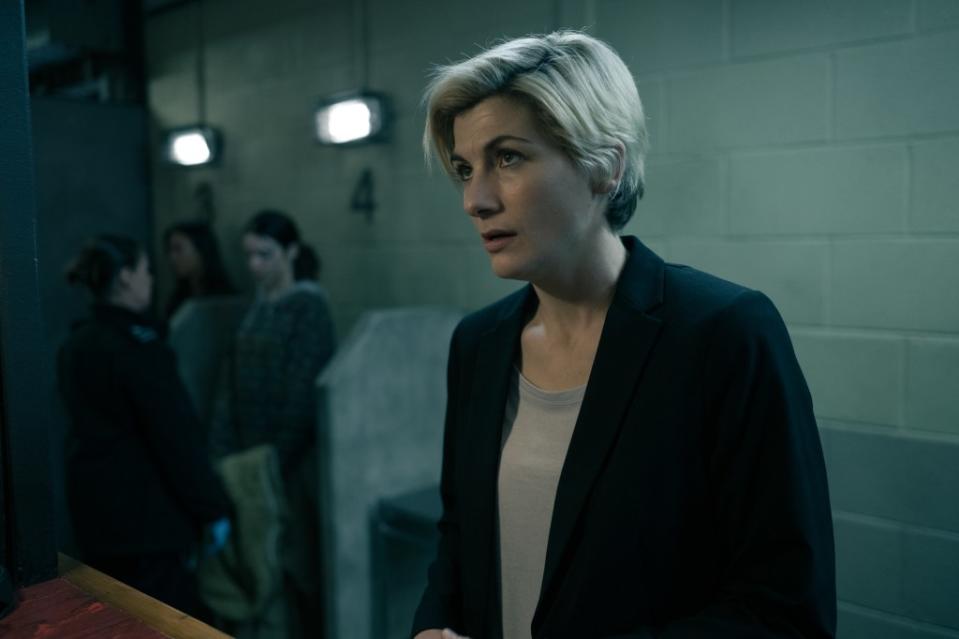
As the series progresses, viewers learn more about the backstories of the three women, who cope with life behind bars by taking divergent paths.
The opening scene sets the stage for what’s to come as the three women are transported to their incarcerated lives in Carlingford.
“Orla is in a prison van with no phone, no ability to reach out to anyone and she’s a single parent of three children who’s thrown into a prison system where … the punishment doesn’t meet the crime,” Whittaker, 41, told The Post.
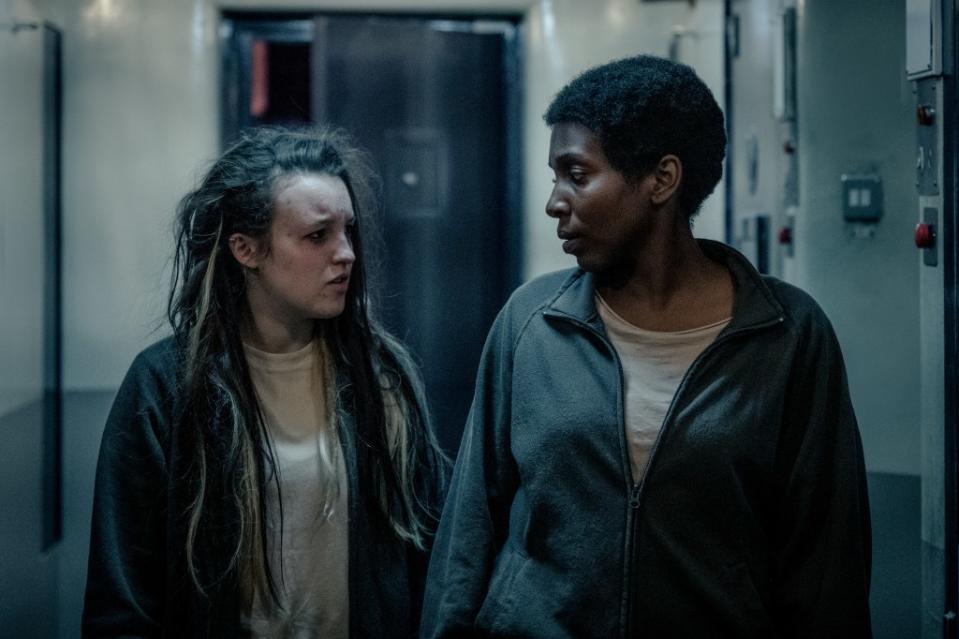
“But there is nothing she can do, and that kind of lack of control and claustrophobia is terrifying, but also fascinating to play,” she said. “The cortisol level of Orla exists around a fight or flight mode the entire time, which means she makes good and bad decisions — but it’s like existing in a hurricane in a box.
“What’s unique about playing someone like Orla is that she’s played out in real time,” Whittaker said. “She loses control in an instant and it’s everybody’s worst nightmare in a sense that it’s not a reality until it’s a reality. She was given advice before [stealing the electricity] that she would get a fine.
“I think the fallout for Orla is particularly shocking because her sentence is so small but has such a realistic impact on her — one block comes out and the tower collapses.”
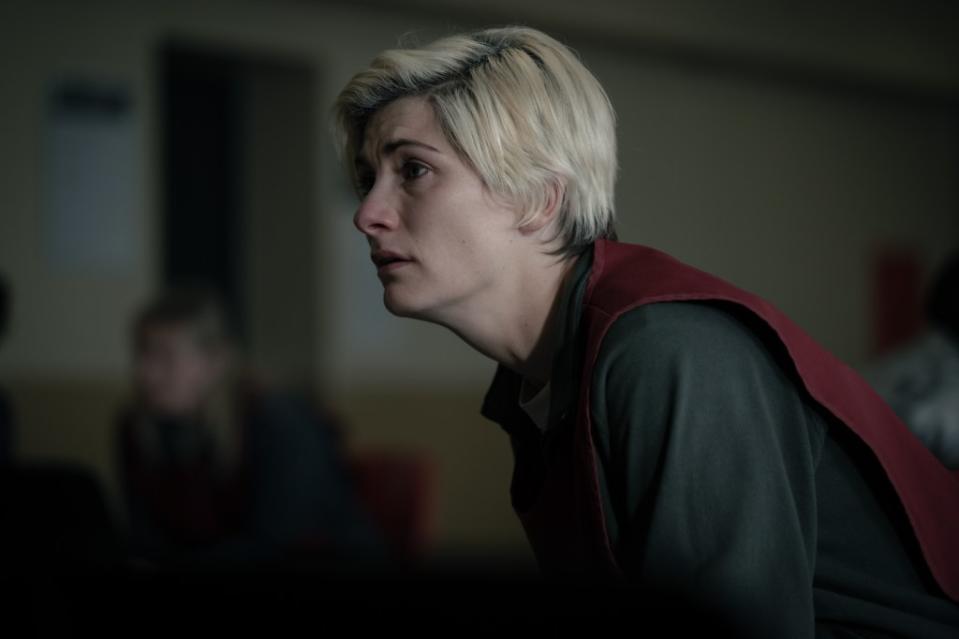
Whittaker said she grew up in Britain watching TV dramas written and created by McGovern, so it was a no-brainer to join the Season 2 cast of “Time.”
“What felt so unique about this was Jimmy and Helen’s writing,” she said. “It’s also the second series of something that was hugely successful. All the research is in the show. Everything that happens to Orla is happening or has happened.
“What was wonderful with Orla was the particular rage I got to play, which I hadn’t played before.”
Whittaker said the drama in “Time” is enhanced by all three characters and their interplay with each other and with their fellow inmates.
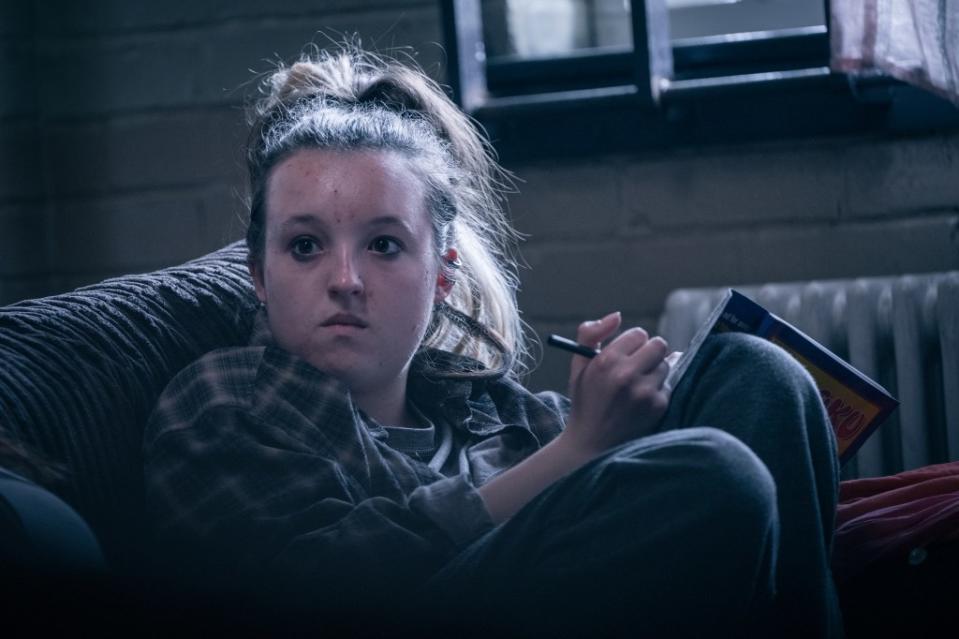
“It was challenging to play because you not only follow Orla but you have these incredible characters Abi and Kelsey who have completely different narratives and storylines and different reasons for being there,” Whittaker said. “And their experience, in some instances, is the polar opposite [of Orla’s]. But the thing that is shared is that these women are negotiating and navigating and existing in their new reality but seeing what the future is going to be.”
Whittaker (“Broadchurch”) gives a nod to “Doctor Who” — she played the 13th Doctor and was the first woman to play the character — when putting “Time” into the context of her career.
“‘Doctor Who’ is a funny one for me,” she said. “It was absolute happiness and joy but I also know it’s the thing that’s most associated with my career. People said, ‘Time’ is a jump from that’ when in fact ‘Doctor Who’ was the jump. Until the three seasons of ‘Doctor Who’ I’d always either gravitated toward or looked to audition and get roles of women living in traumatic relationships or on the brink of something.
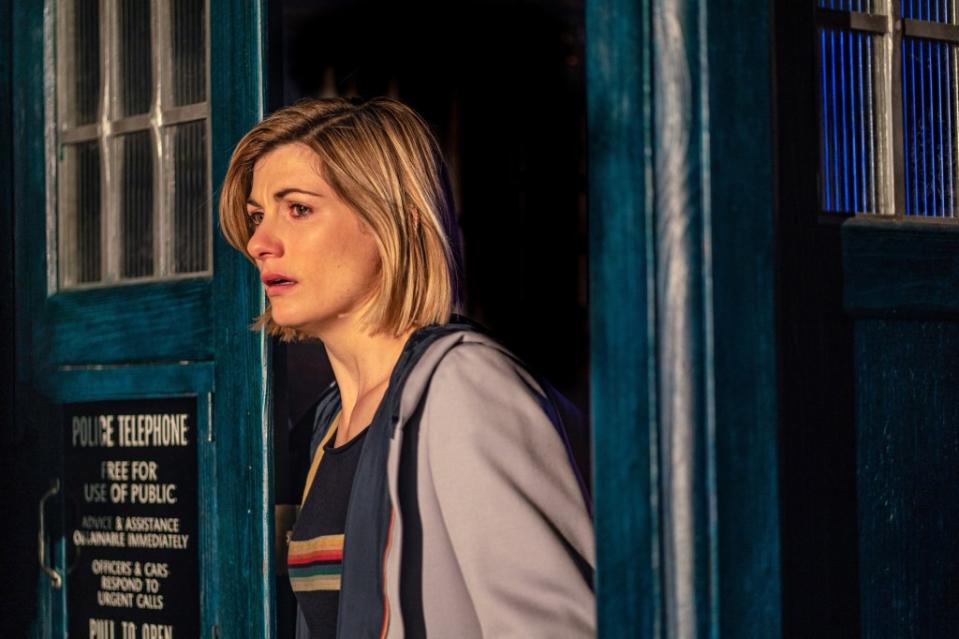
“Dealing with themes of fear and anxiety and loss of control and motherhood [in ‘Time’] — those were things I could associate with my other jobs.”
Whittaker said “Time” also underscores the inadequacies of the UK prison system.
“That’s my passion behind it,” she said. “As much as the frustration [of Orla], ‘Don’t do it, don’t do it,’ what’s her choice? This is what we’re doing for nonviolent crime … we can all sit and have a good debate about it, about Kelsey and Abi and Orla, and what I love is that [the series] brings up certain questions without a neat bow, because life isn’t like that.
“It’s not suggesting that prison doesn’t work for some people or isn’t necessary, not at all — but for Orla’s situation it does highlight a very broken system.”

